Tangkahan is a beautiful village on the edge of Gunung Leusur National Park, in North Sumatra, Indonesia. It’s famous for the jungle, orangutans, Thomas leaf monkeys and, of course, elephants. What really makes the village stand out, though, is its beautiful story of how it transformed from an illegal logging hub to sustainable elephant tourism paradise. It is a fine example of how tourism can play an important role in sustainability and the fight against climate change.
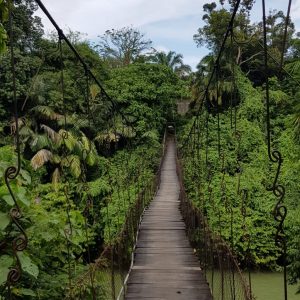
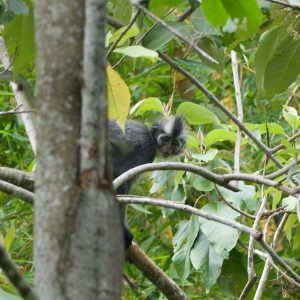
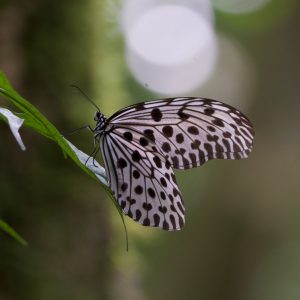
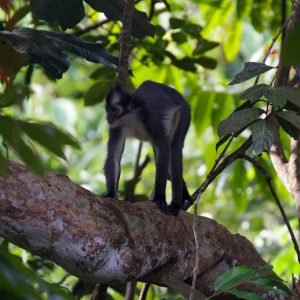
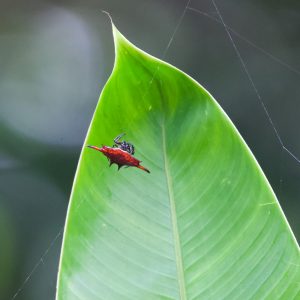
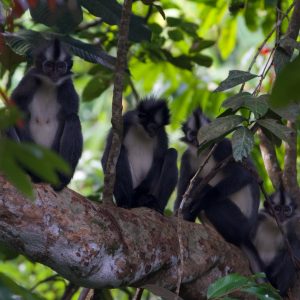
Sustainable tourism in Sumatra
In cities and developed areas, the path to life-sustaining income for most people is fairly clear: with industries in finance, construction, hospitality and so on, one simply needs to get a job to pay their bills. In remote areas of the tropics, however, this path isn’t so clear and this, in turn, leads inhabitants of these areas to lean on the natural environments around them to sustain their livelihood…more often than not, to the detriment of local ecosystems.
In the case of Tangkahan Village, using elephants for logging trees to sell to traders along the Malacca Straits was an easy way to generate much-needed income. However, with the implementation of stronger regulations around national parks, elephant logging became illegal, forcing locals to look for new ways to make money.
Enter tourism, which has provided an alternative way to generate income for these families. Instead if using these gentle giants to carry logs, they are used to attract tourists to their little village and the amazing surrounding jungle.
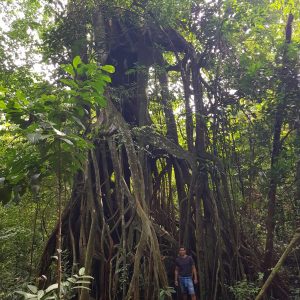
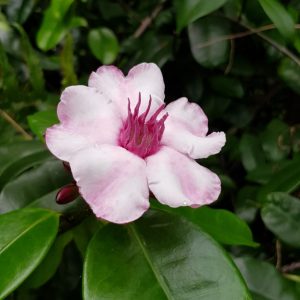
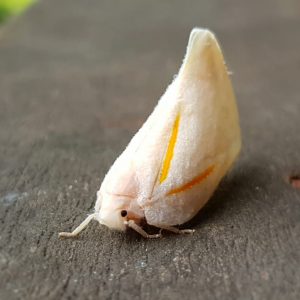
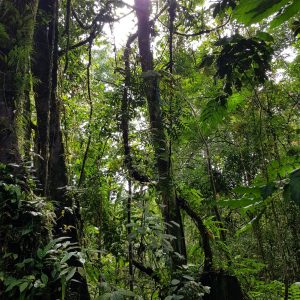
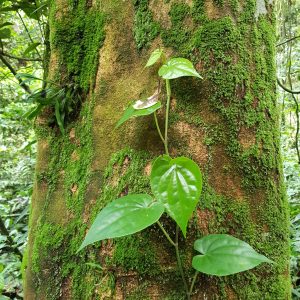
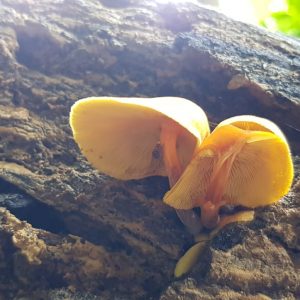
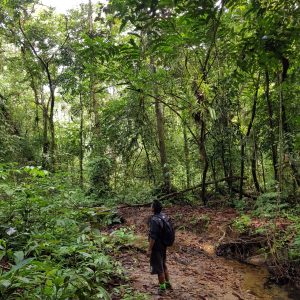
Walking with Elephants in Sumatra
The concept was an immediate hit, and it became a reason to visit this village situated on the edge of the jungle, that no one would otherwise have gone to. It started with elephant riding and people came to sit in wooden howdahs on top of these mighty pachyderms. The locals realised that they no longer needed to illegally cut down their precious forest and poach the rare wildlife living there because they could have little guesthouses and earn the same amount by taking people on treks in the jungle and playing in the river.
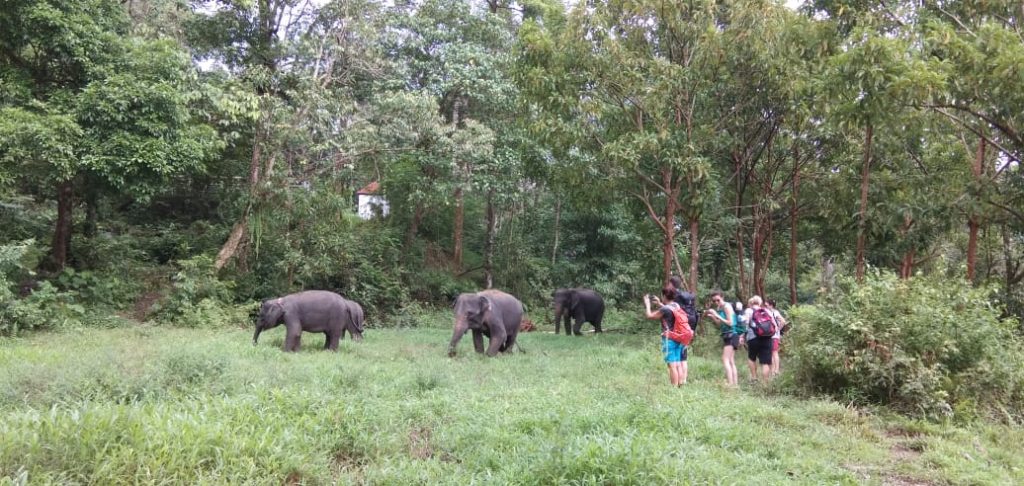
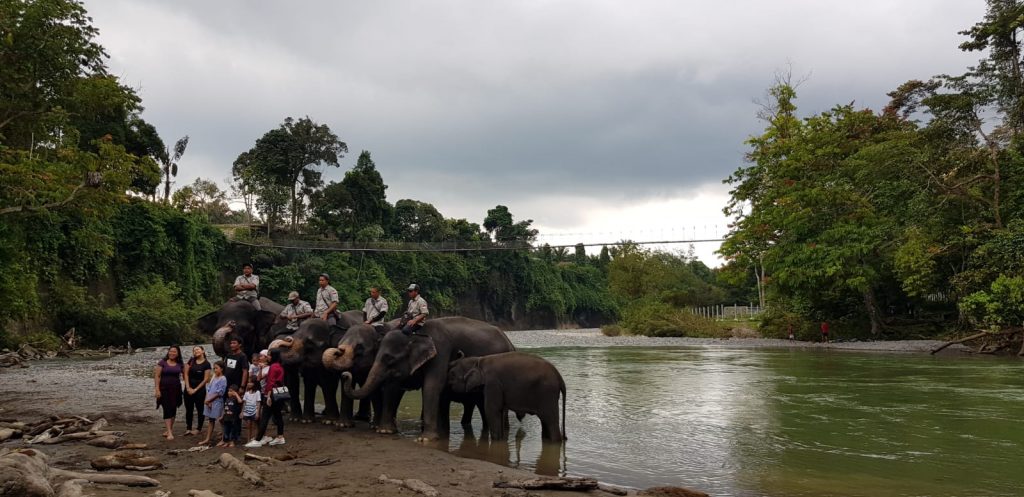
Since the early days a lot has been researched on about elephants and we now know that it is harmful to them to put wooden howdahs on their backs and make them ride all day long. Much like the change from logging to tourism, this village has also took lessons on how to handle elephants with care to heart and now the core activities that they offer are trekking in the jungle with elephants, bathing them in the river, and if you’re lucky, being able to sit bareback on it’s neck while it’s crossing the river.
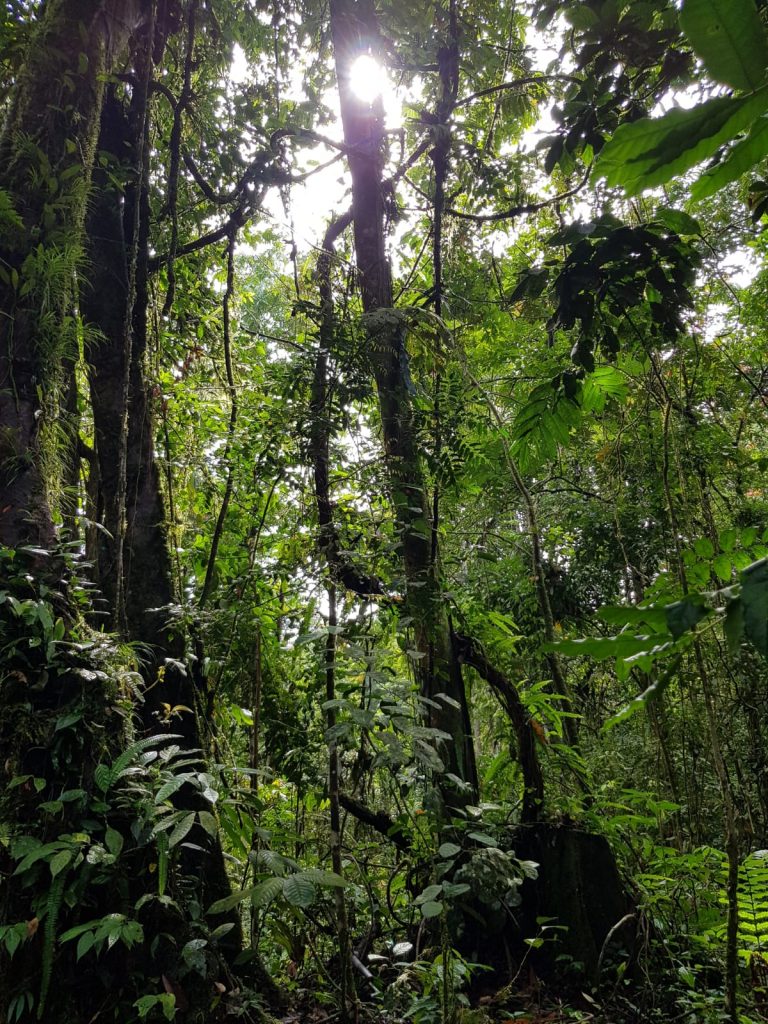
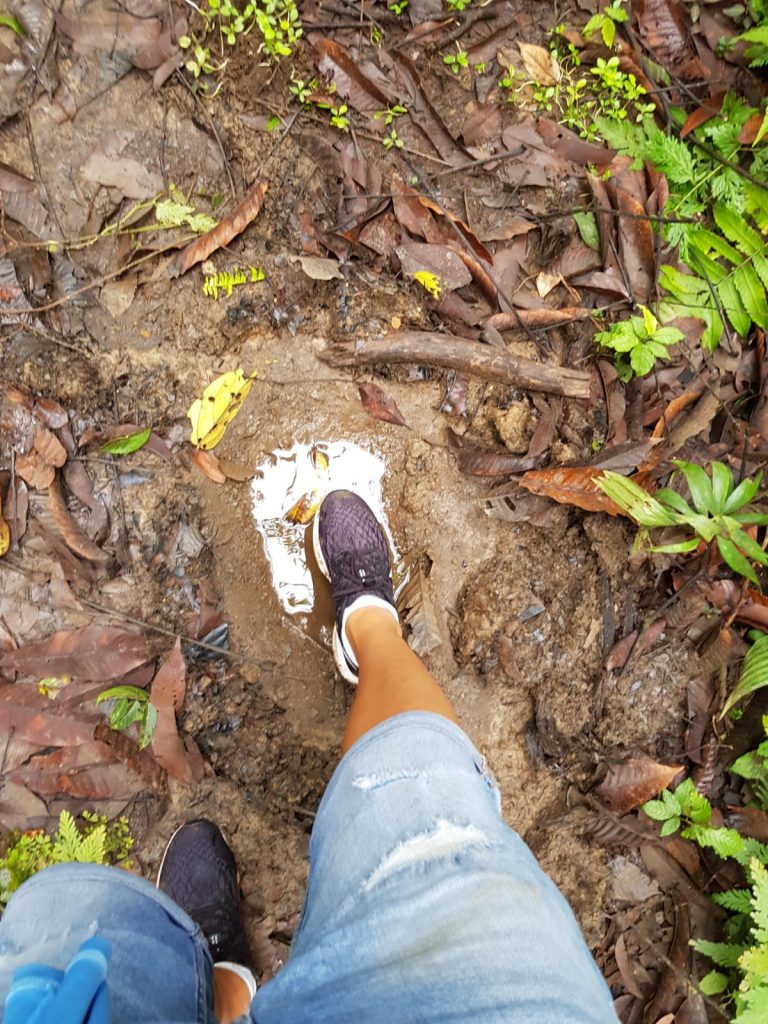
We have found opinion articles online about Tangkahan, decrying the horrors the elephants endure, and calls for boycotts. However we stand firmly against boycotting this, as these articles don’t take into account how the elephants are being treated now and the alternative ways that locals would make money if they weren’t able to rely on tourism.
Neither do they take into account the crucial role that the Conservation Response Unit (CRU) plays in forest patrol. Their mahouts have been trained in forest monitoring, documentation and mitigation techniques, and forest rangers to address forest crime in a comprehensive conservation program that among other activities observes wildlife, herds wild elephants away from human settlements and provides community outreach.
If you’d like to experience this we highly recommend our Orangutans and Elephants of North Sumatra tour, during which there is a chance to explore North Sumatra’s rugged landscapes by jeep and on foot, searching for orangutans in the wild. After a night in a remote nature lodge, continue to an elephant rehabilitation centre for an unforgettable encounter with these gentle giants.
Sustainable Elephant Camps Assessments
At EXO we take elephants tourism very seriously, and with the guidance of EXO Foundation, we audit all the camps that we work with. The recent assessment of the Tangkahan Elephant Camp was very positive and it found that:
- They’re in good health, have access to vets on a regular basis
- The primary activities are trekking in the jungle with elephants
- They no longer offer elephant riding for tourists
- The elephants spent most of their day naturally grazing in the jungle
- They get washed in the river in the morning and in the afternoon
Given the economic benefits to the community, how it protects the forest and nature and that the elephants are well treated, we believe that it is worth coming to Tangkahan Elephant Camp and supporting them.
From an experiential perspective, it is also much more exciting and rewarding feeling to be walking in the forest with these giants. Not only can they walk quieter through the jungle than you can, but as you’re walking next to them, you also realise their incredible stature, and learn about their family dynamics, how they rear their young, and the incredible ways they interact with their environment.
For more about Indonesia and its islands, see all our tours and experiences, or get in contact with us at [email protected].



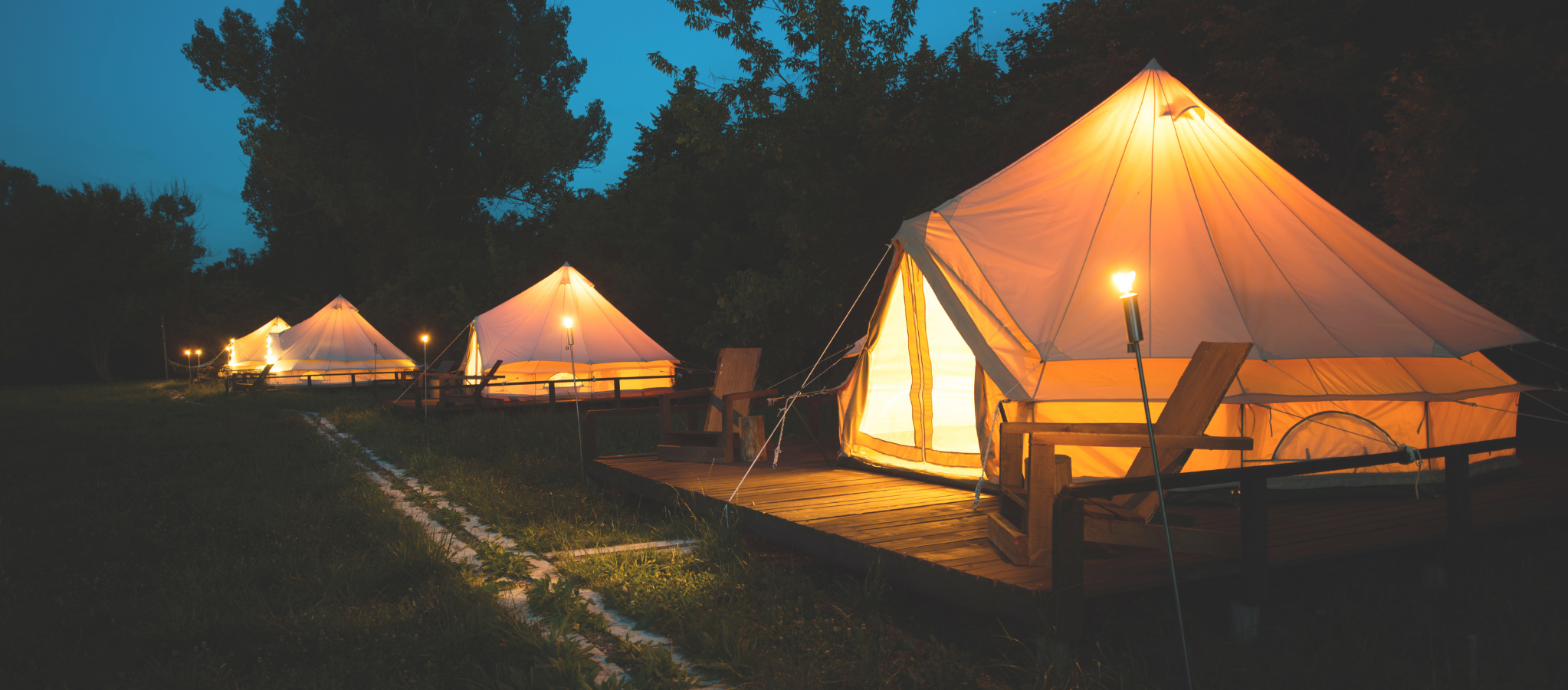 " alt="">
" alt=""> 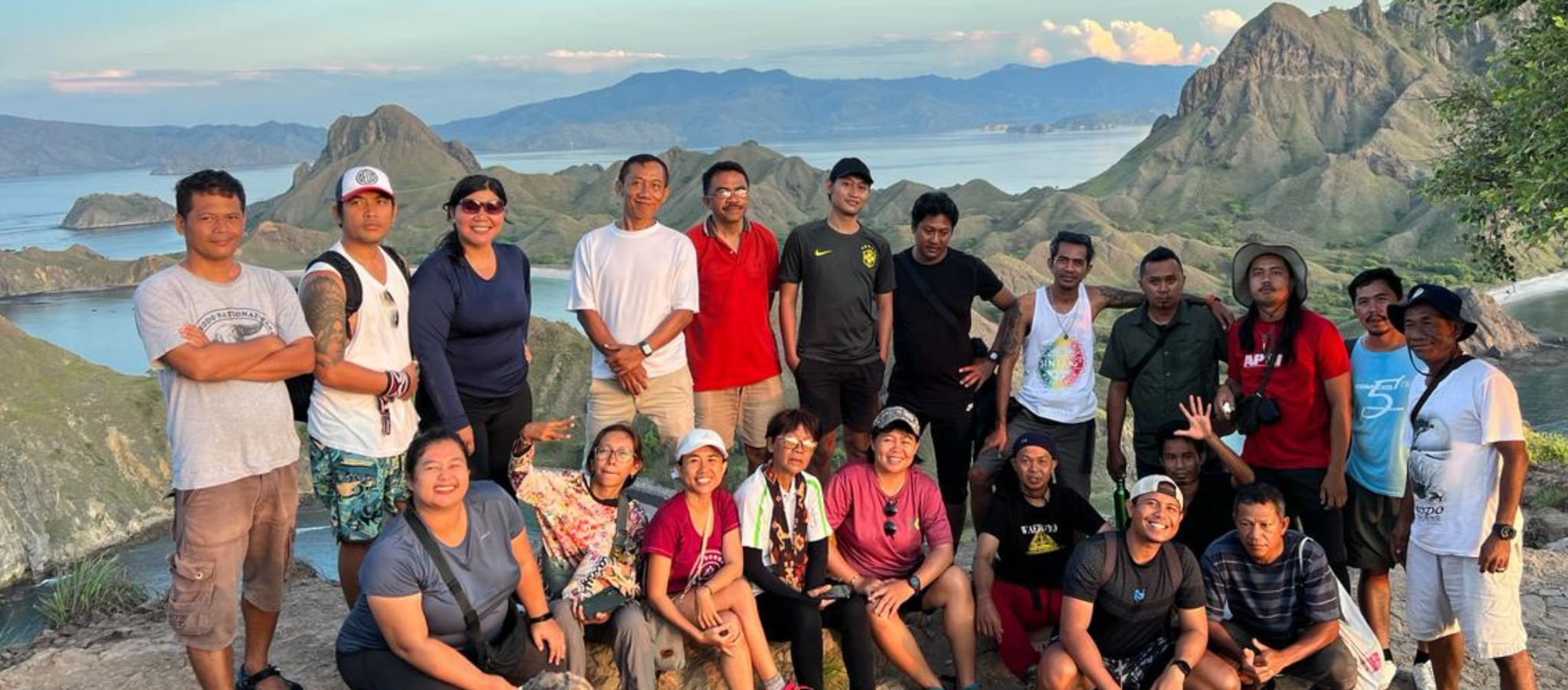 " alt="">
" alt=""> 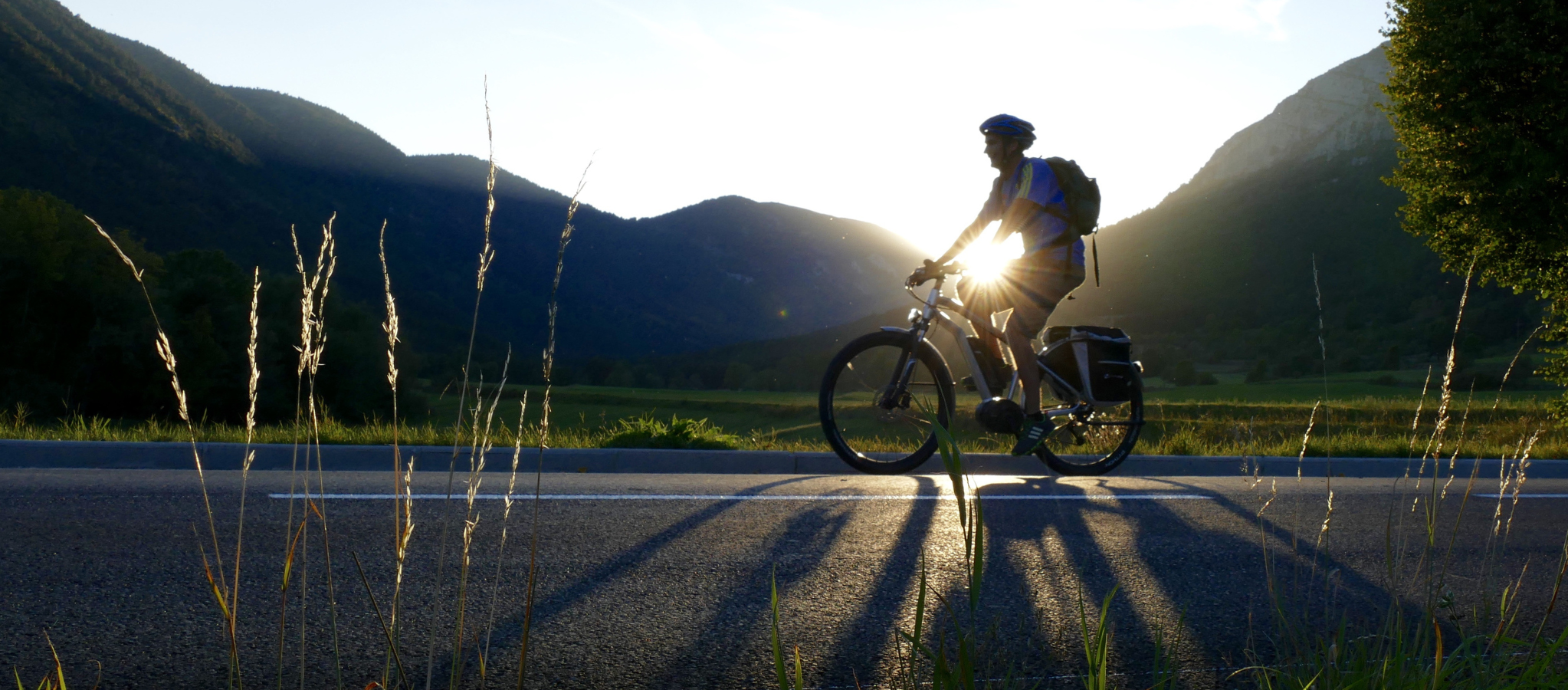 " alt="">
" alt=""> 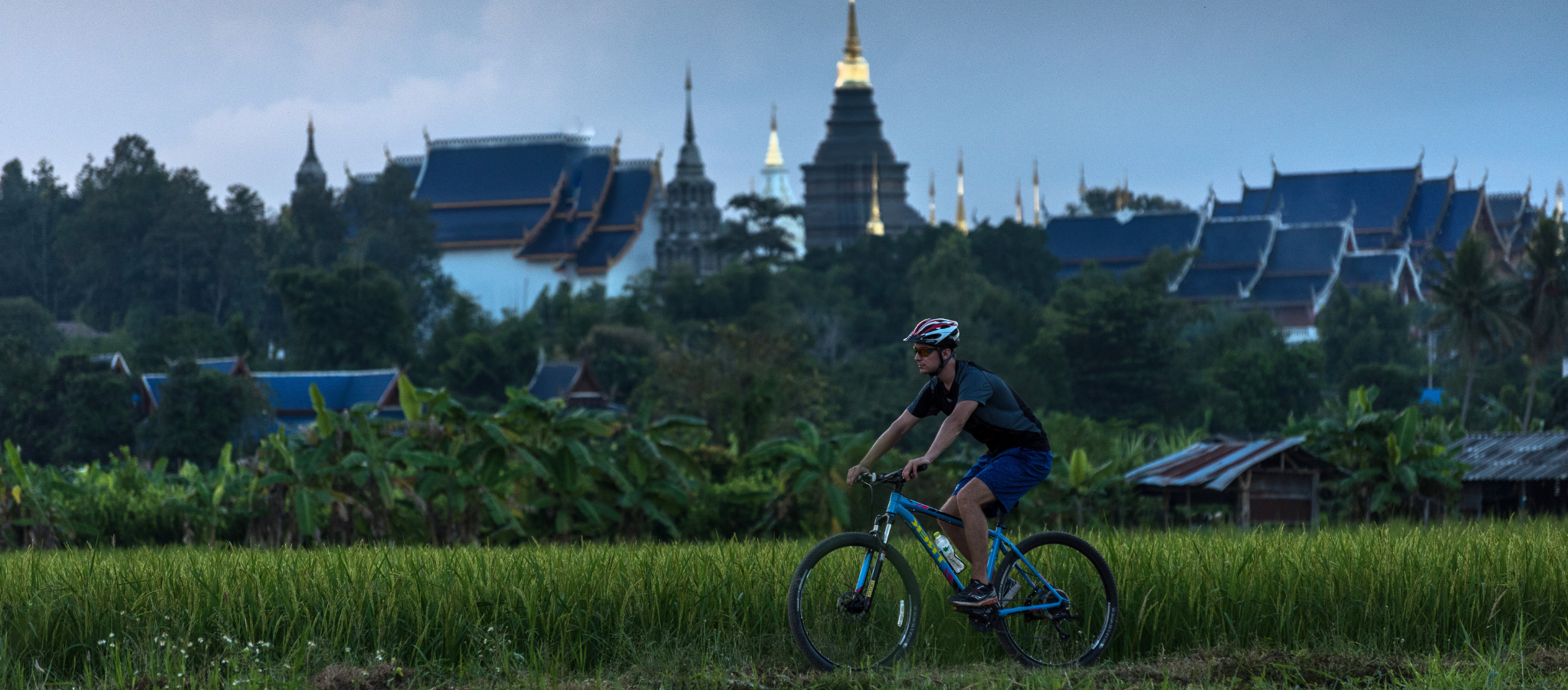 " alt="">
" alt=""> 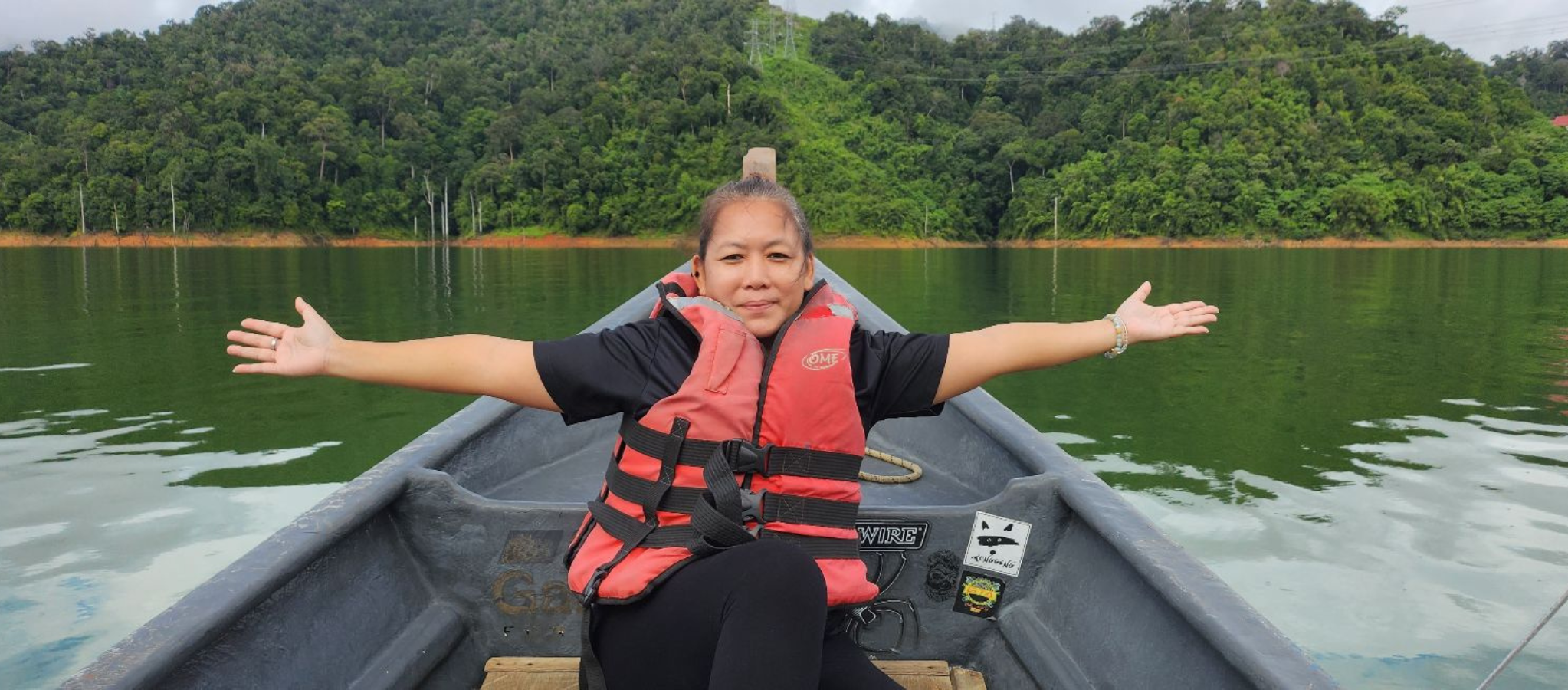 " alt="">
" alt=""> 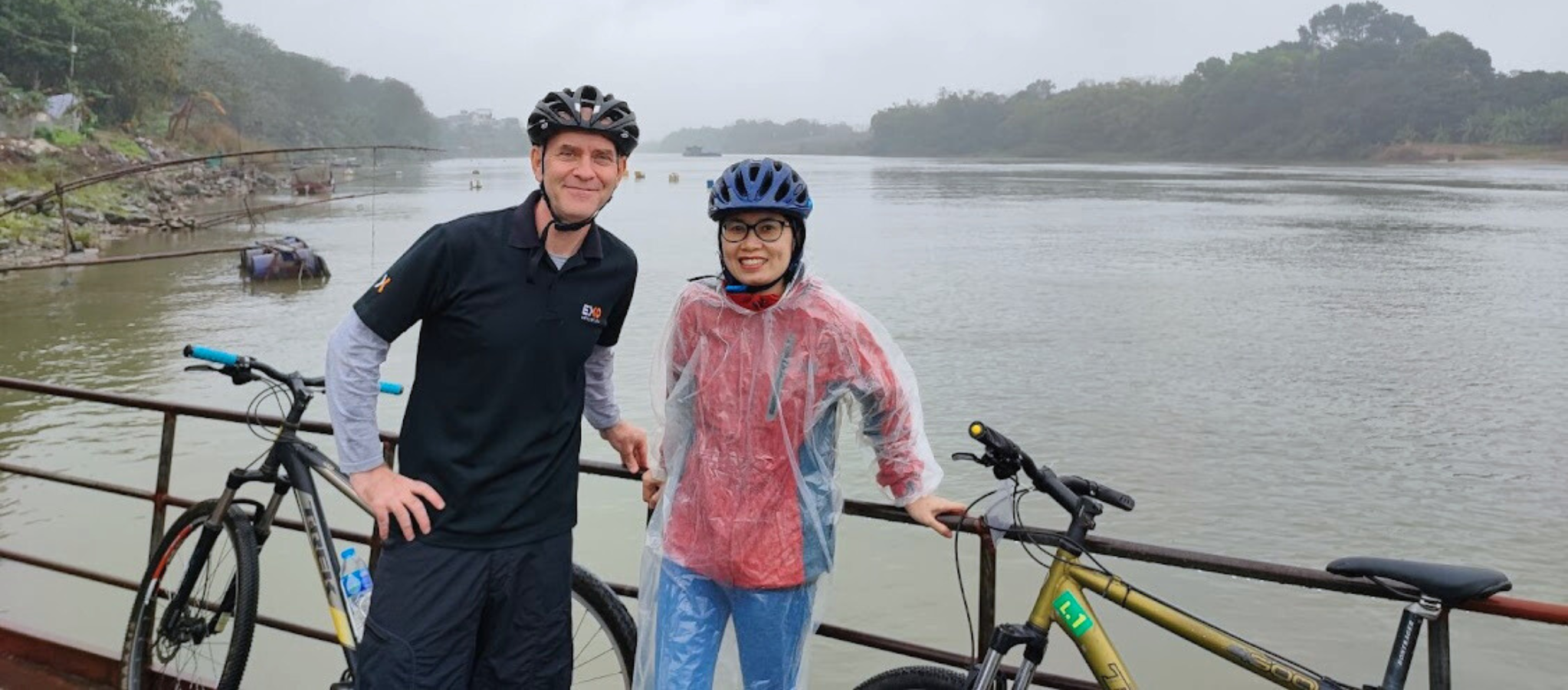 " alt="">
" alt=""> 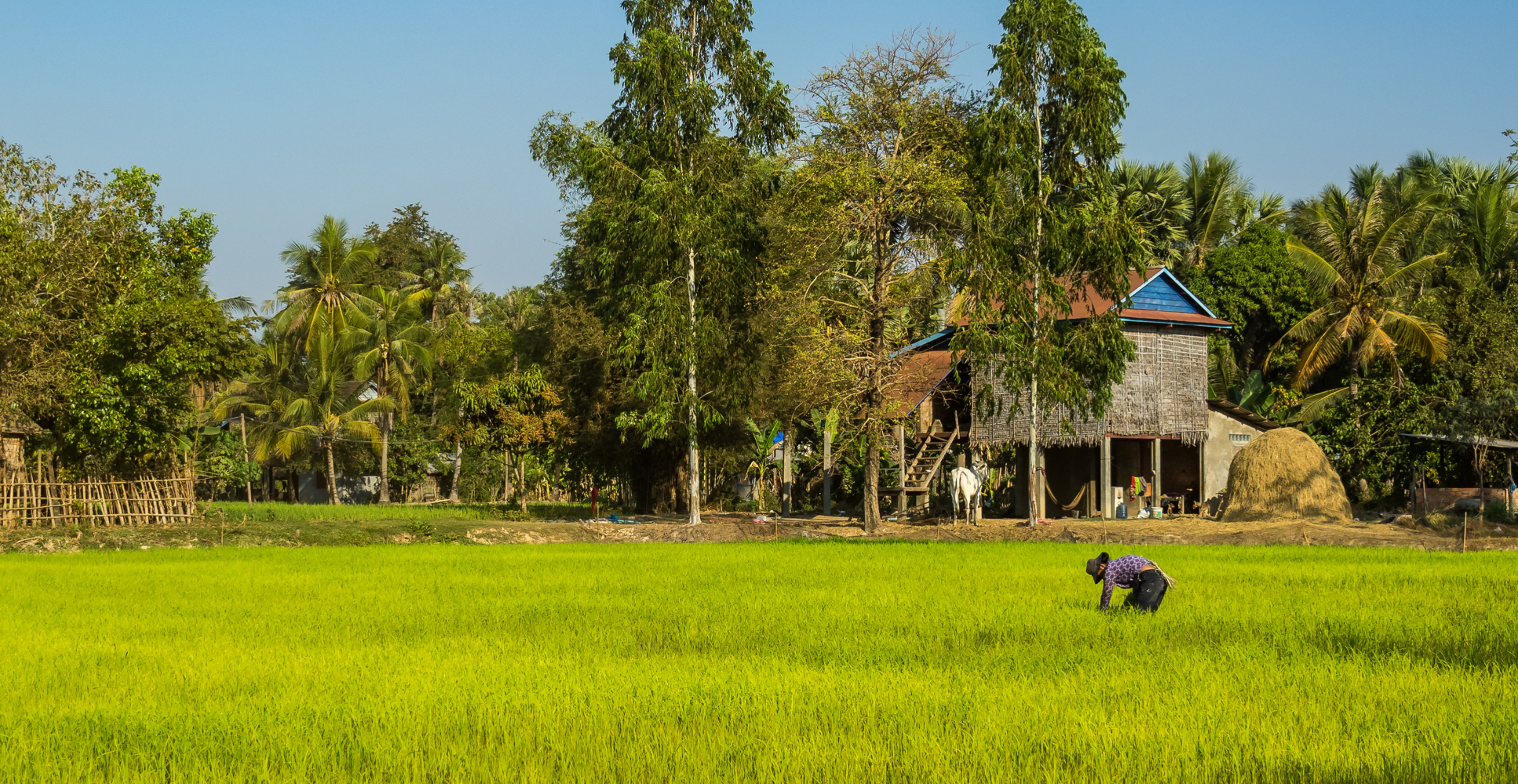 " alt="">
" alt=""> 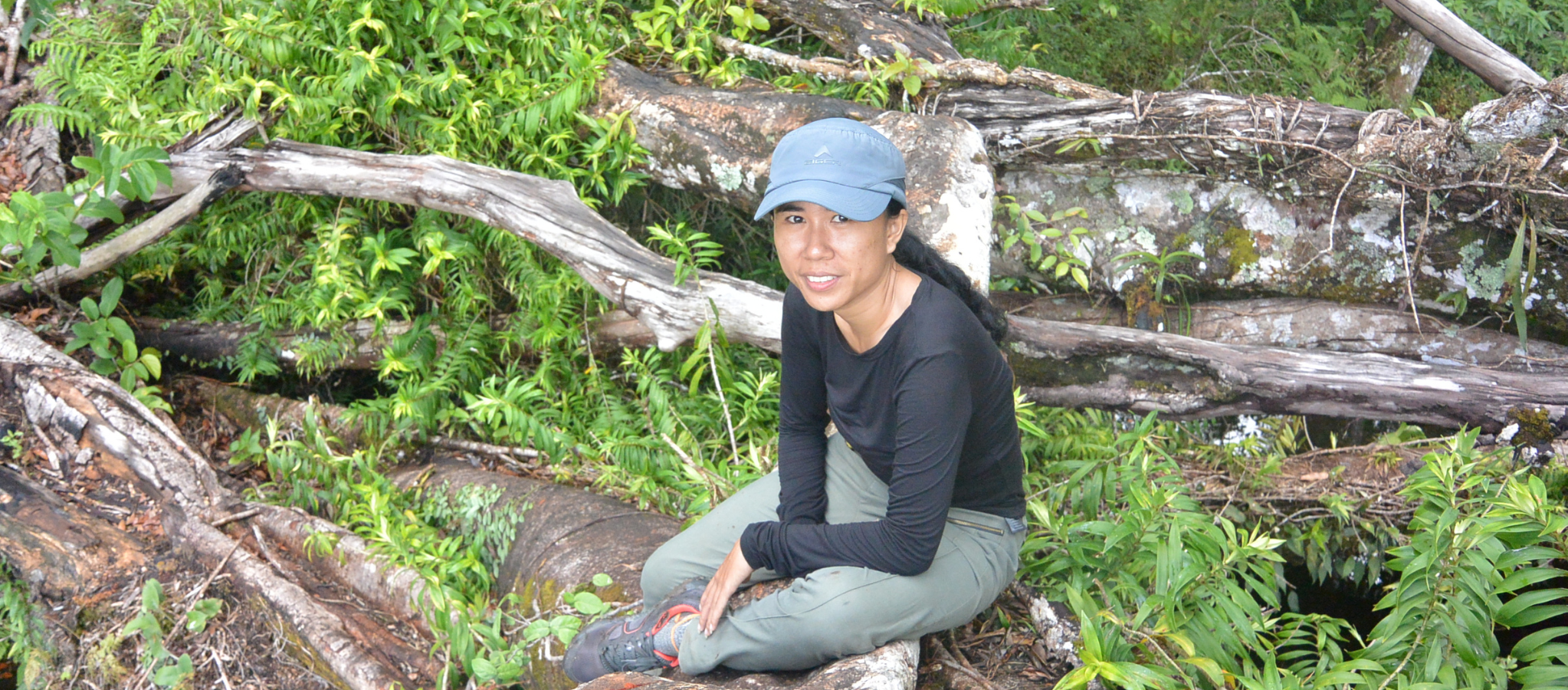 " alt="">
" alt=""> 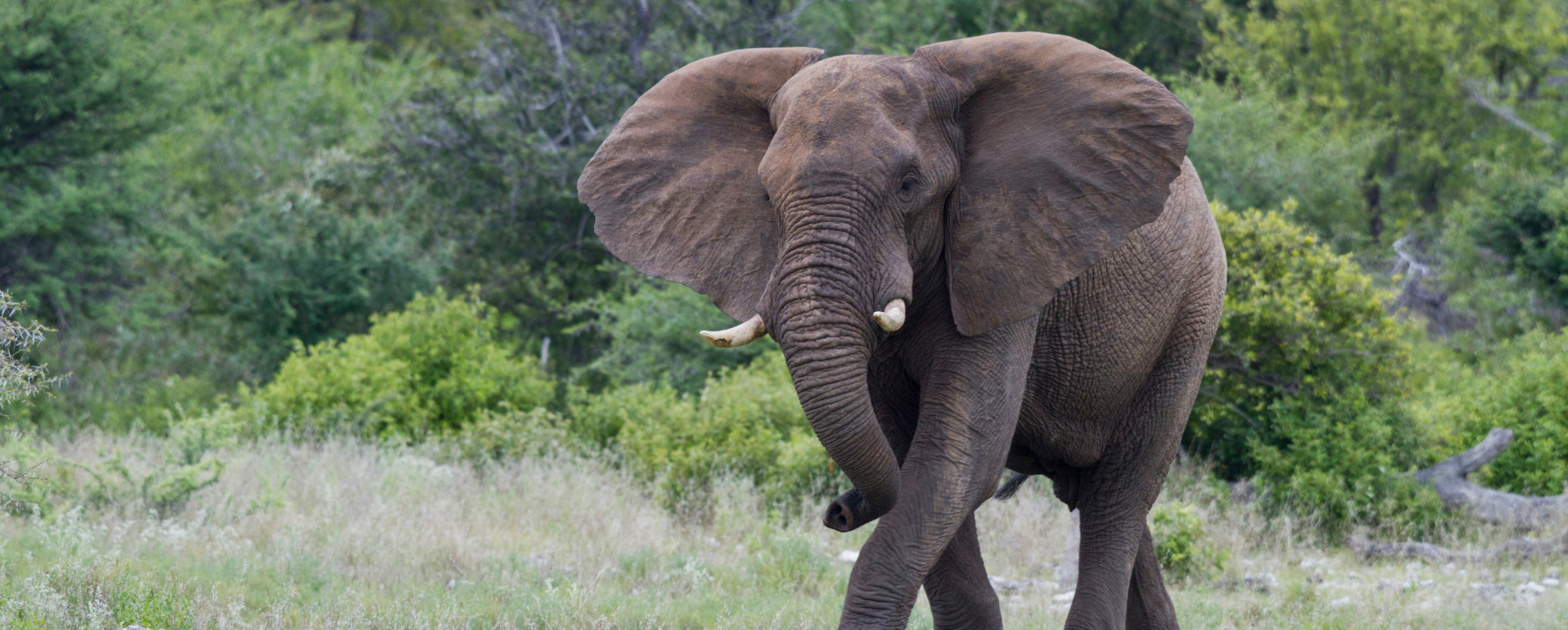 " alt="">
" alt=""> 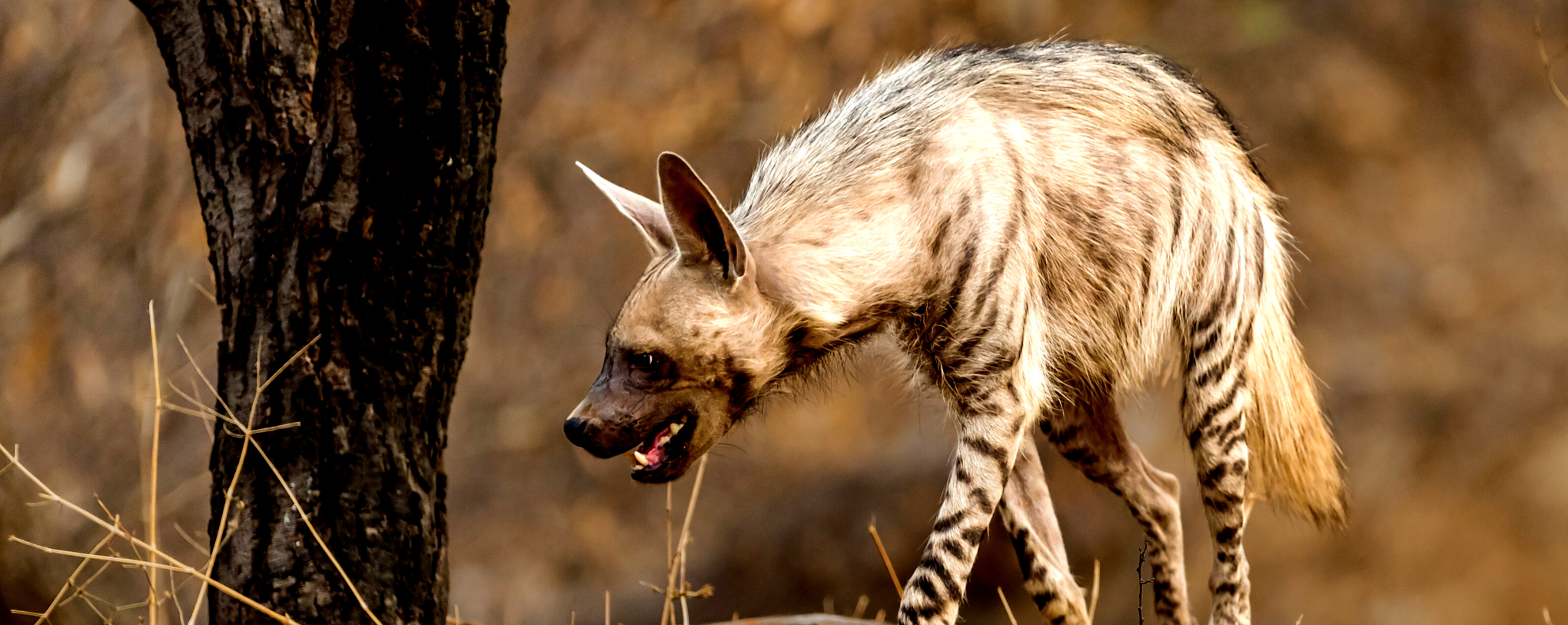 " alt="">
" alt=""> 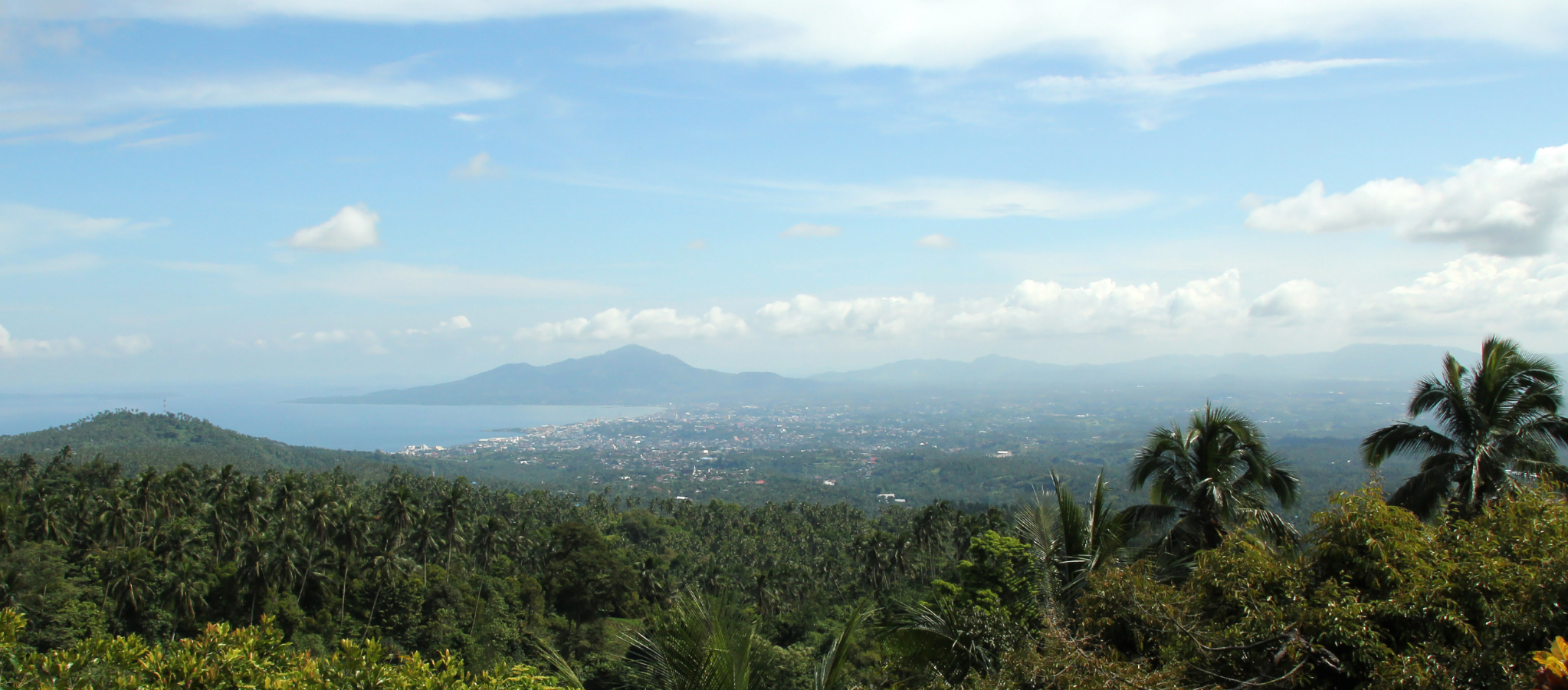 " alt="">
" alt=""> 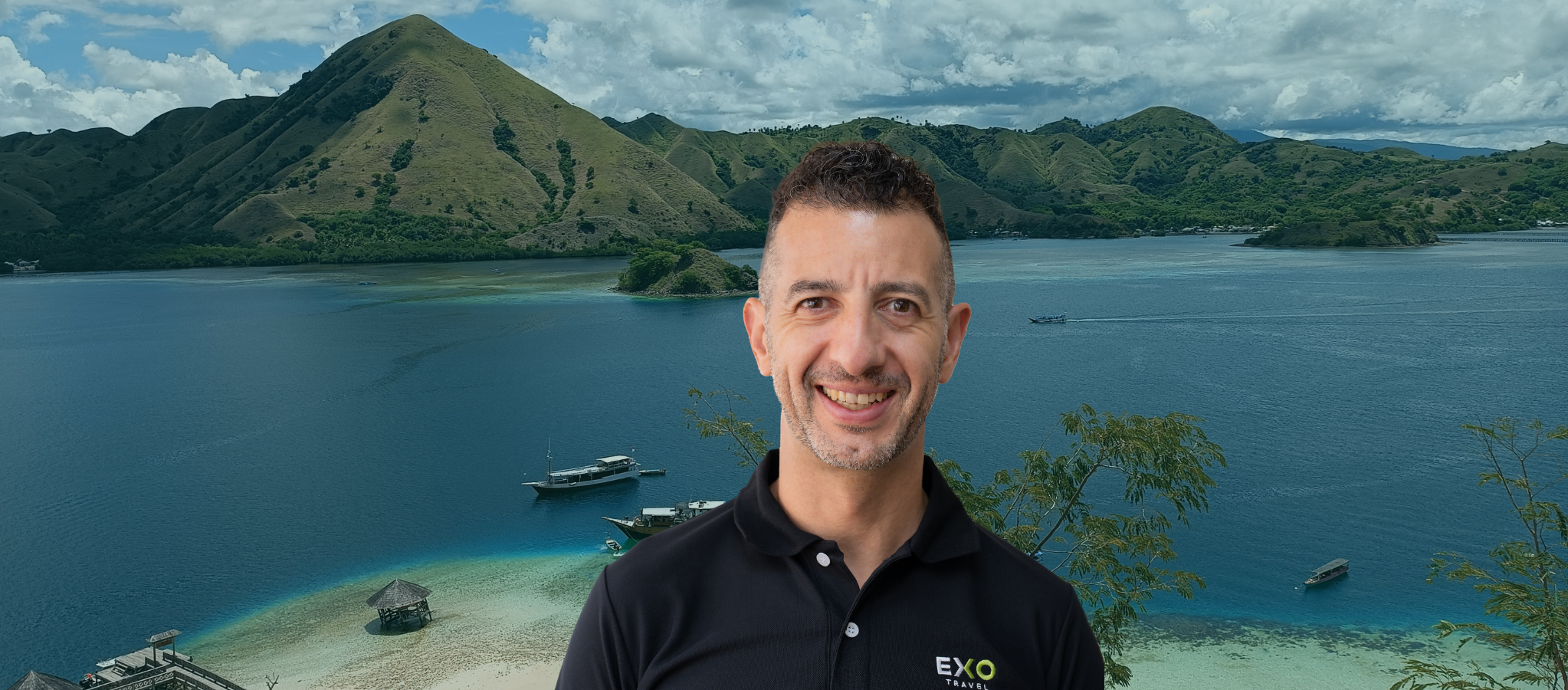 " alt="">
" alt=""> 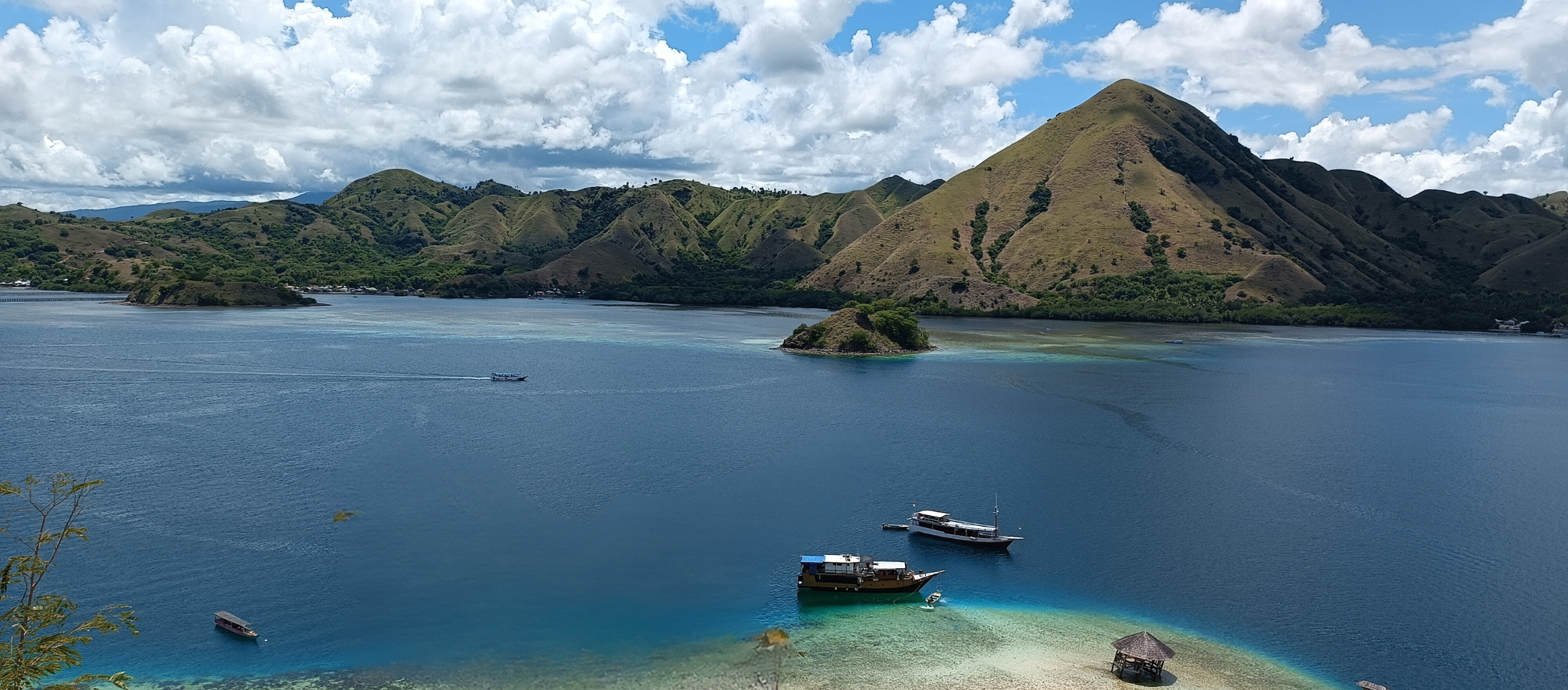 " alt="">
" alt=""> 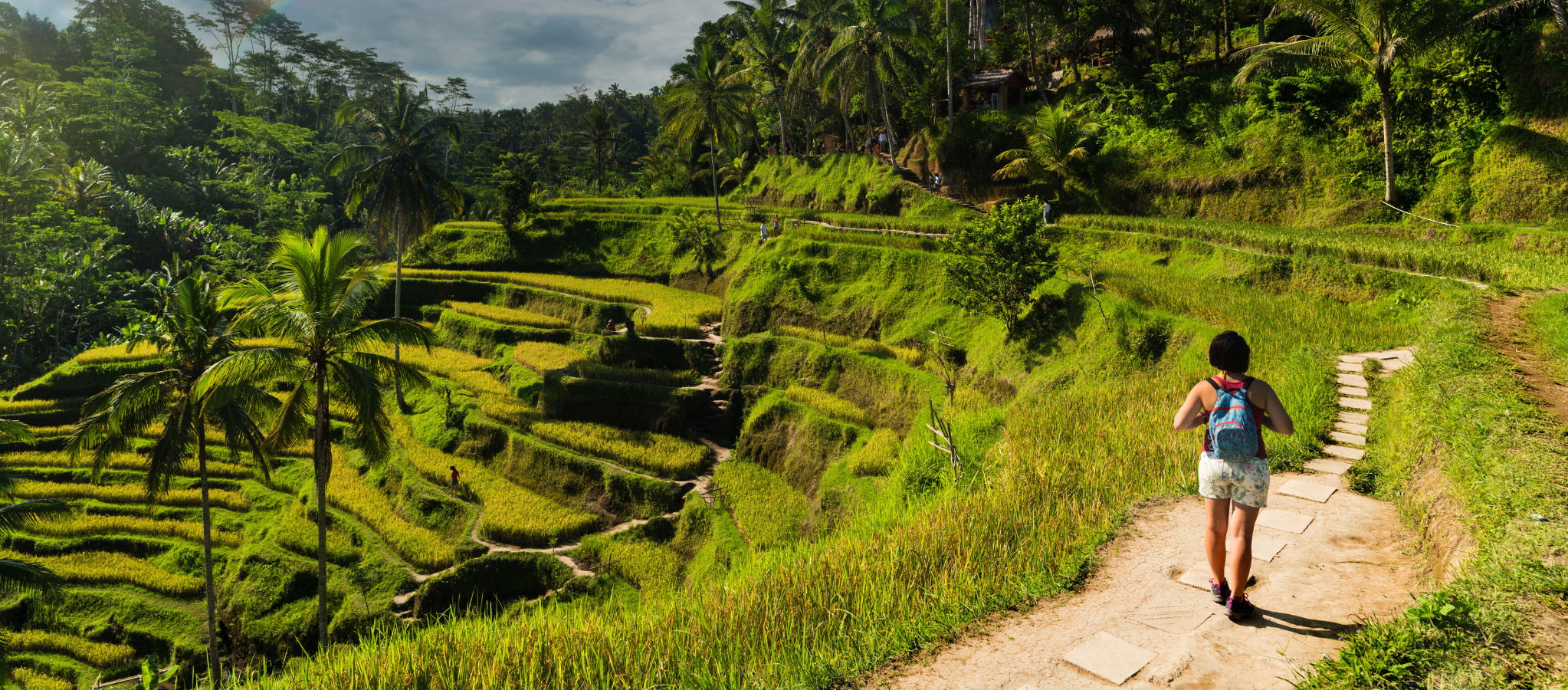 " alt="">
" alt=""> 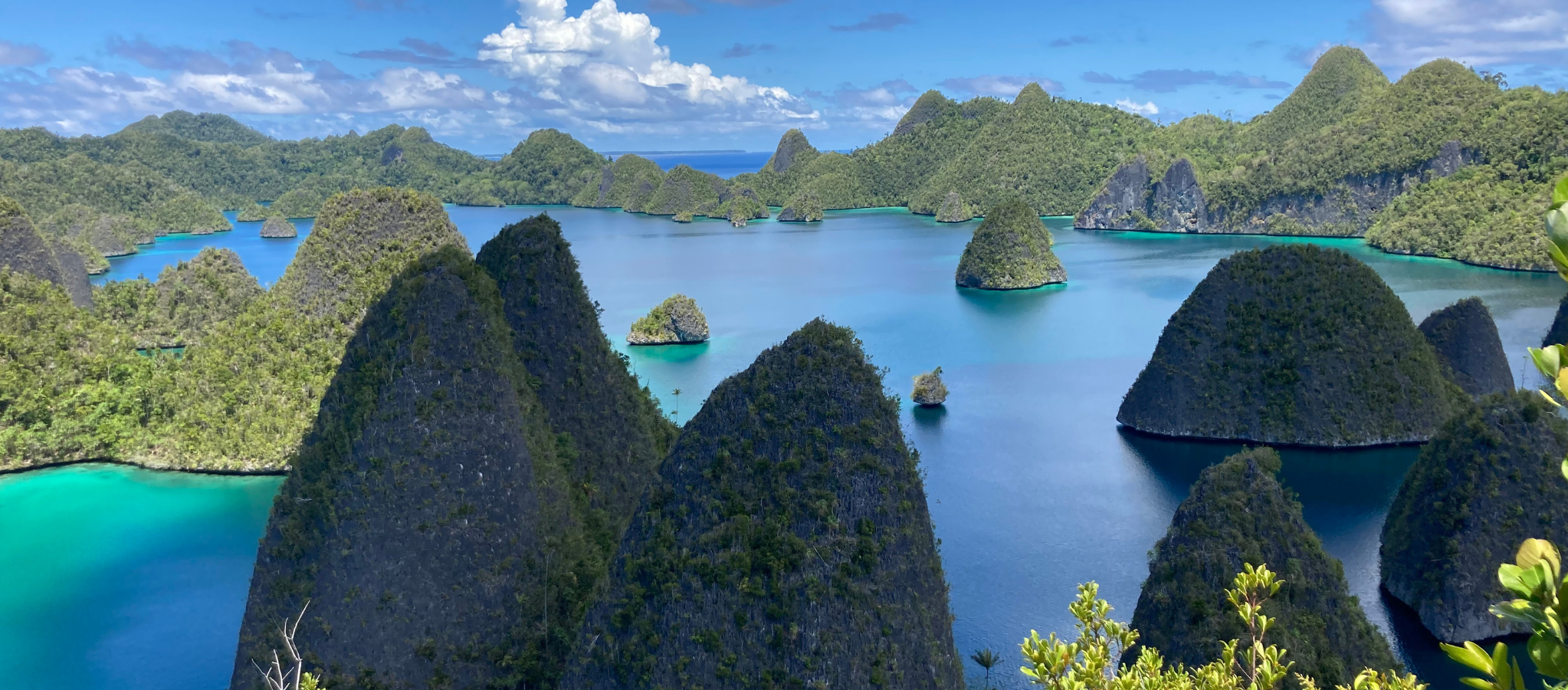 " alt="">
" alt=""> 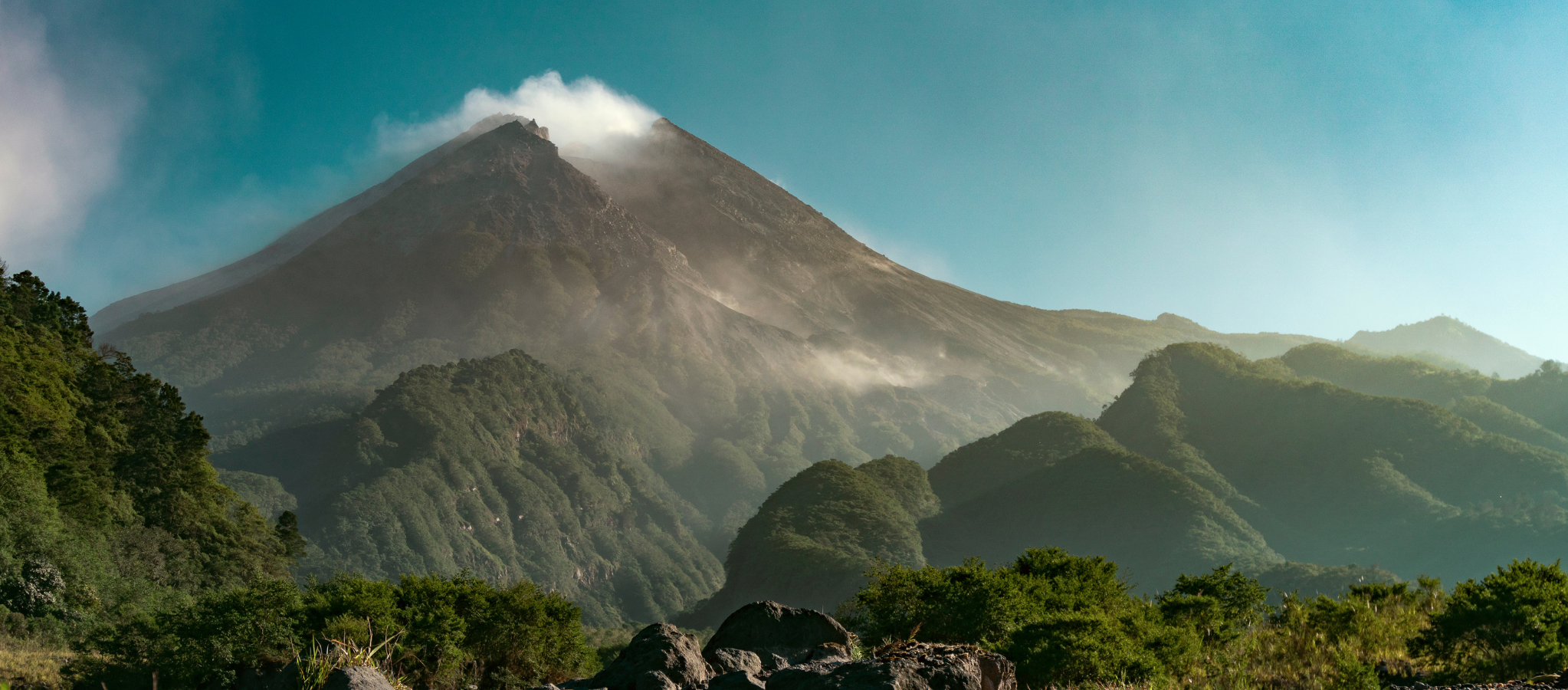 " alt="">
" alt="">  " alt="">
" alt=""> 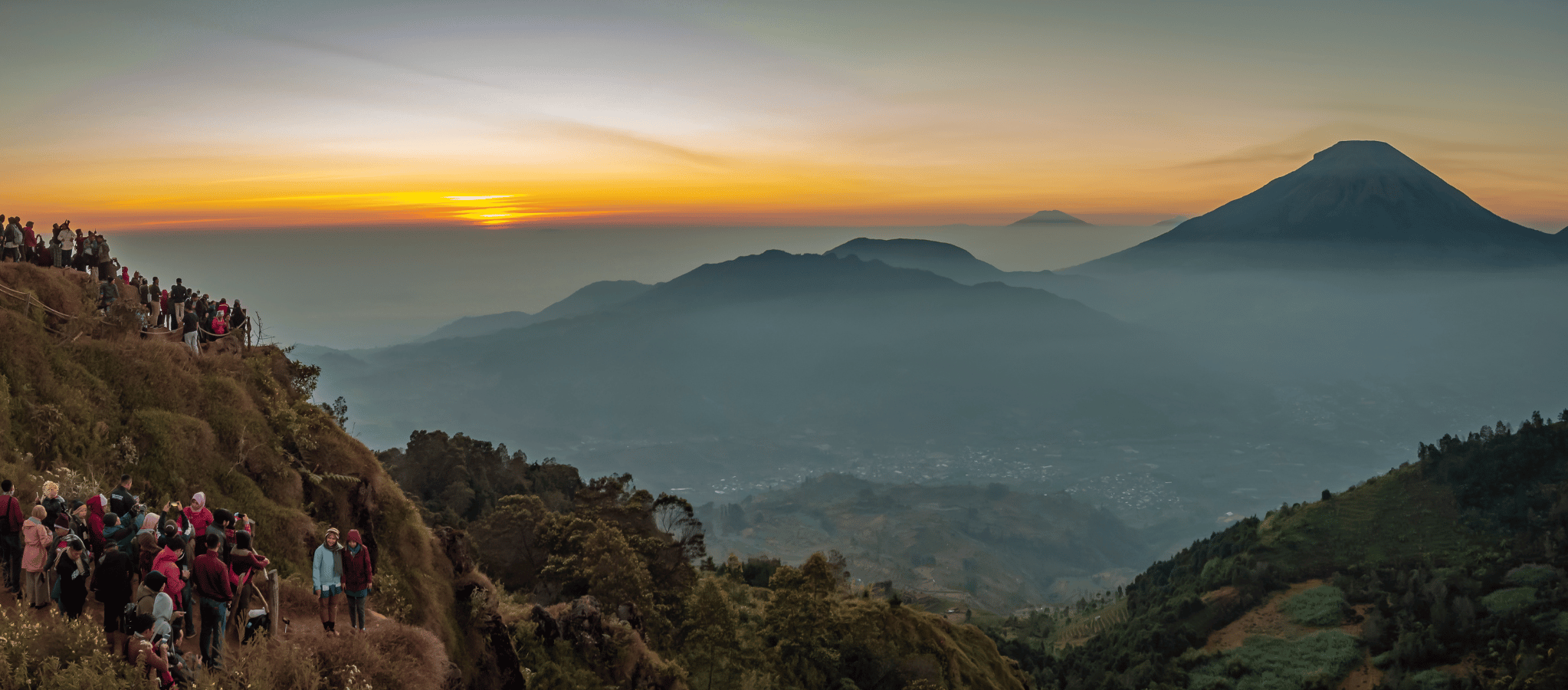 " alt="">
" alt="">